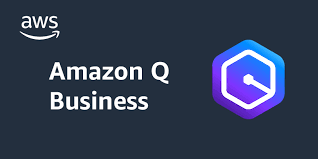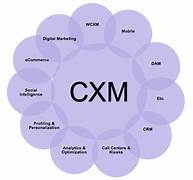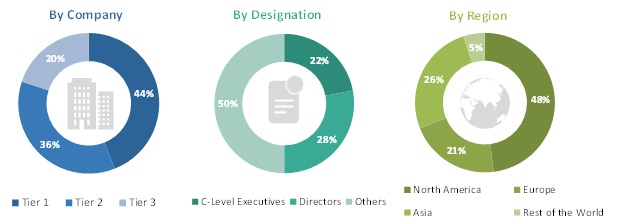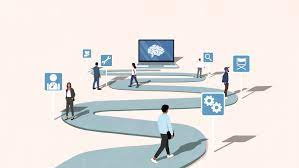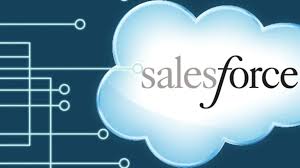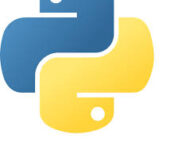Generative AI in CX
Generative AI in CX: Opportunities and Challenges Generative AI offers the promise of transformative efficiency and innovation in customer experience (CX). However, businesses face significant hurdles in adopting the technology, including budget constraints, compliance challenges, and internal alignment issues. A Growing Gap Between Innovation and AdoptionCX technology vendors often outpace their customers in releasing advanced features. With generative AI, this gap feels wider than ever. For example, Zendesk’s CX Trends 2025 report revealed that over 25% of surveyed businesses have delayed AI adoption due to budgetary, knowledge, or organizational support barriers. Similarly, an October survey by NTT Data found that more than half of senior IT decision-makers had yet to align generative AI strategies with business goals. While only 39% of respondents reported significant investments in generative AI, most companies remain in early phases, such as pilots and trials. Some businesses, however, have no plans to invest at all. Early Adoption in CXDespite these challenges, early adopters are exploring generative AI applications in customer service and contact centers. AI-powered bots, or “agents,” are proving effective in summarizing answers and improving efficiency. However, deploying these agents requires substantial preparation, such as organizing customer data and defining roles and processes—a significant task for many IT teams. John Seeds, CMO at TTEC Digital, emphasized the importance of using generative AI internally first:“We start by addressing inconsistencies and cleaning up data. Once that’s done, businesses can present it effectively to reduce inbound calls and enhance self-service in contact centers.” Expanding Beyond Customer ServiceGenerative AI is also being embraced by marketing and e-commerce teams. Platforms like Salesforce, Google, and Sitecore have introduced tools that assist with campaign ideation and content creation. While these tools don’t always produce polished outputs, they serve as powerful starting points for creatives. The Generative AI RevolutionAI has been a staple in CX for years, powering analytics, natural language processing, and automation. But the release of OpenAI’s ChatGPT in late 2022 revolutionized the field. John Ball, SVP at ServiceNow, noted:“Generative AI has removed the need for handcrafting every dialogue or intent model. It opens up possibilities for chat and email recommendations without requiring as much manual setup.” Similarly, Salesforce AI executives, including Silvio Savarese, highlighted the technology’s unprecedented adoption:“It was incredible to see how quickly generative AI captured global attention,” Savarese said. Questions of Autonomy and TrustThe rise of AI agents introduces questions about trust and autonomy. Can bots make decisions that keep customers happy? What happens if they make mistakes? As companies explore these possibilities, many are focusing on augmenting human workflows rather than replacing them entirely. For example, Trimedx plans to use ServiceNow’s generative AI to automate report generation for its clinical hardware in hospitals. This application aims to save time while supporting human decision-making. Similarly, Siemens has deployed its own AI “bionic agent” to handle tasks like supply chain management, with generative AI accelerating customization and productivity. Regulatory and Ethical ConsiderationsAs adoption grows, so do concerns around compliance and copyright. The Biden administration’s recent CX-related regulations, including a ban on junk fees, could influence how AI is integrated into business processes. Additionally, initiatives like Adobe’s Content Authenticity Initiative aim to ensure transparency in AI-generated content by providing tools to verify the origins and editing history of digital assets. The Road AheadGenerative AI holds immense potential to transform CX by improving efficiency, reducing costs, and driving innovation. However, businesses must address challenges in data readiness, compliance, and ethical usage to fully realize its benefits. While early adopters are making strides, widespread success will depend on thoughtful implementation and alignment with organizational goals. Like Related Posts Salesforce OEM AppExchange Expanding its reach beyond CRM, Salesforce.com has launched a new service called AppExchange OEM Edition, aimed at non-CRM service providers. Read more The Salesforce Story In Marc Benioff’s own words How did salesforce.com grow from a start up in a rented apartment into the world’s Read more Salesforce Jigsaw Salesforce.com, a prominent figure in cloud computing, has finalized a deal to acquire Jigsaw, a wiki-style business contact database, for Read more Health Cloud Brings Healthcare Transformation Following swiftly after last week’s successful launch of Financial Services Cloud, Salesforce has announced the second installment in its series Read more


